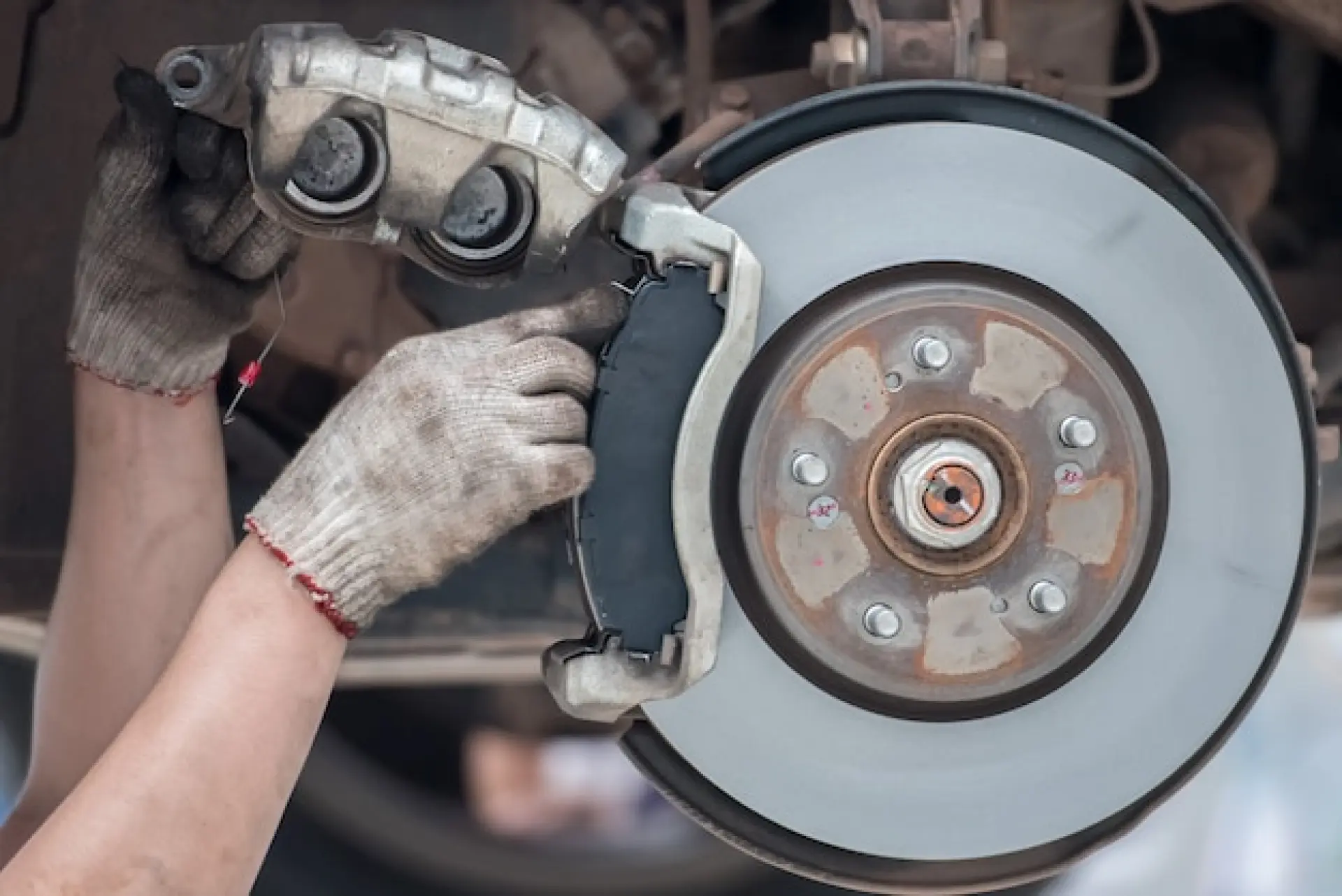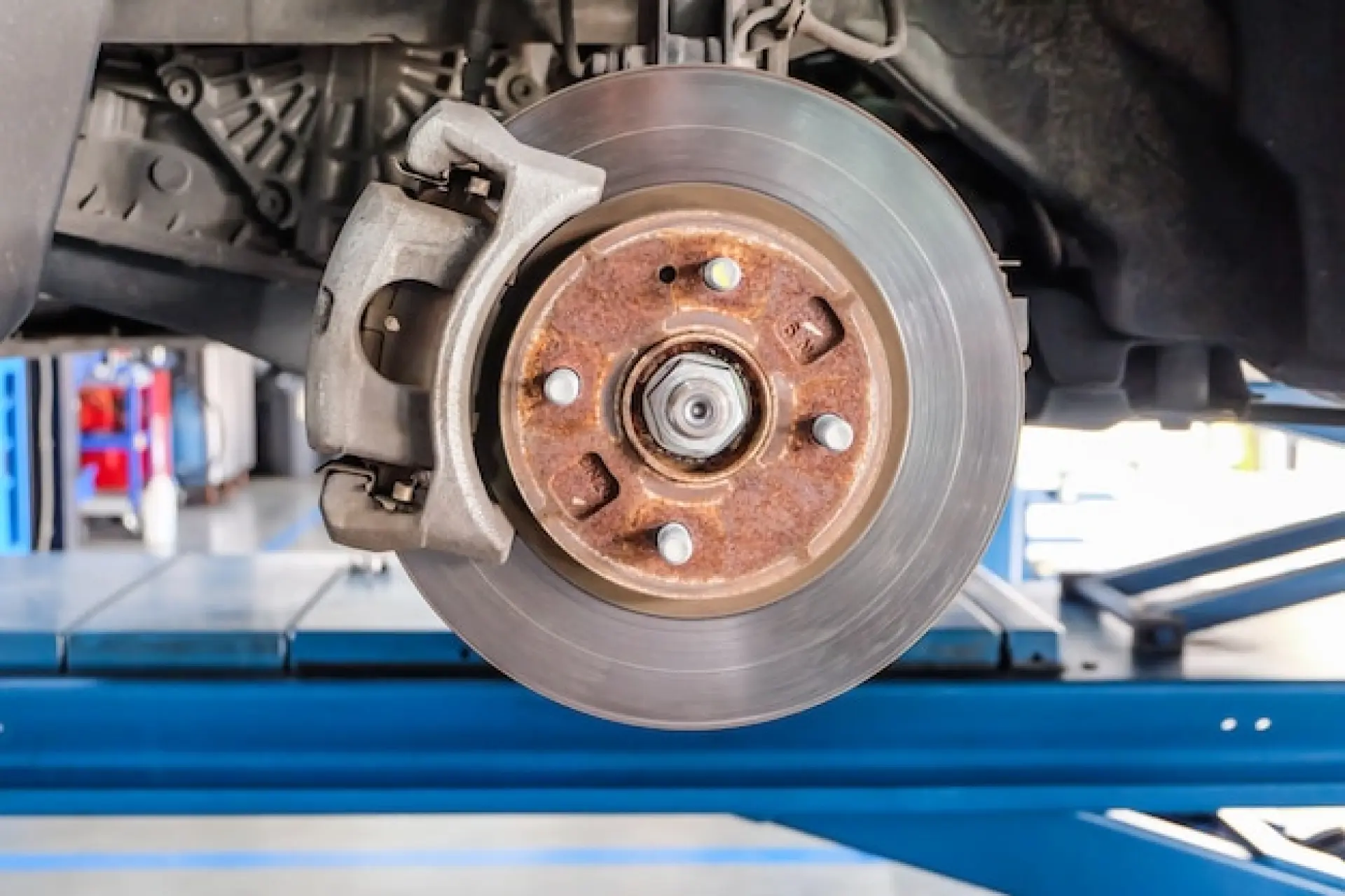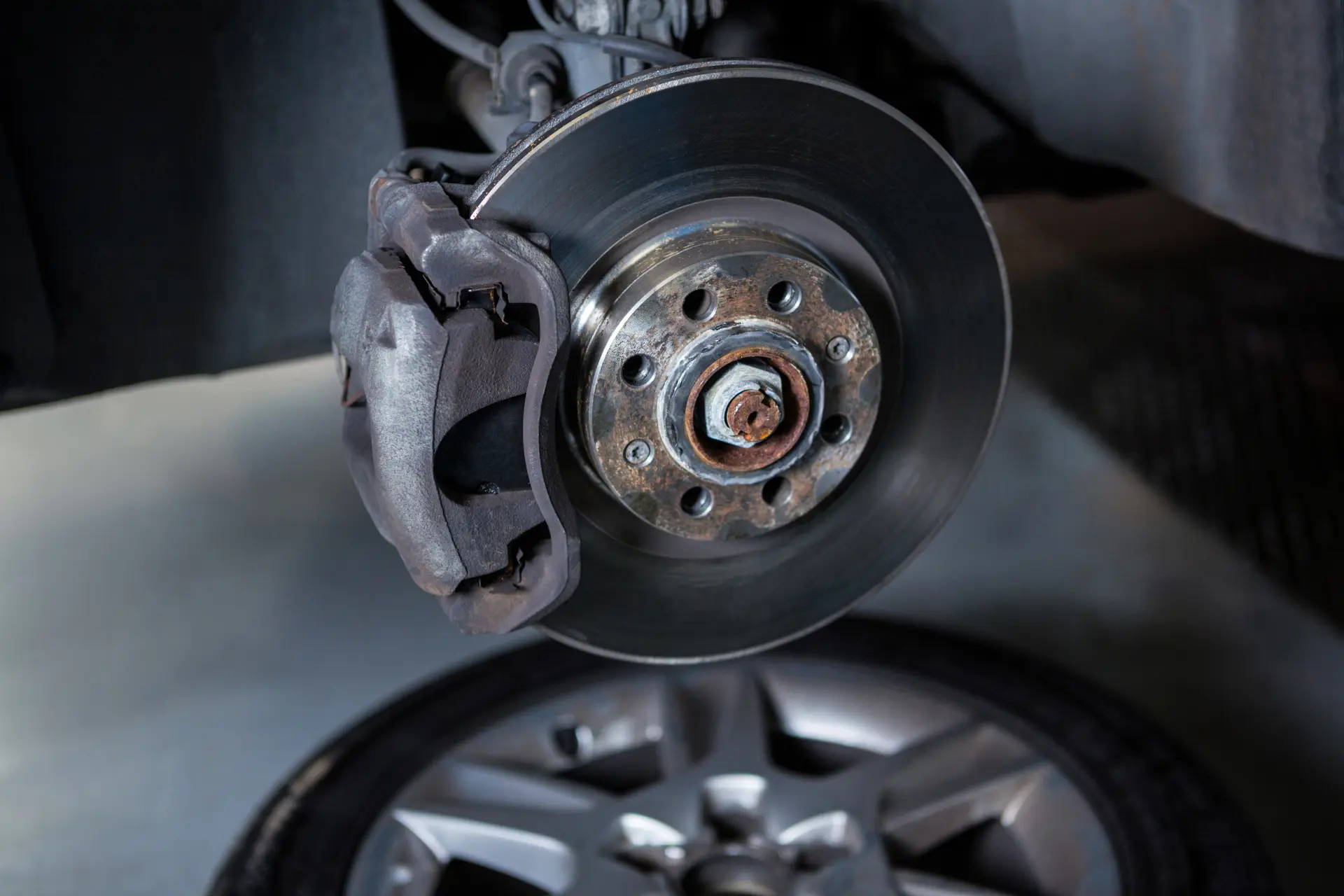Wondering when should you repair or replace your brakes? Get insights on the importance of brake maintenance to prolong your vehicle’s life and ensure safety.
Understanding the Importance of Brake Maintenance
Brakes are one of the most critical components of any vehicle, ensuring safety on the road. Regular brake maintenance helps prevent accidents and costly repairs while improving overall driving performance.
Worn brake pads, damaged rotors, or leaking brake fluid can significantly reduce braking efficiency, increasing stopping distances and the risk of failure.
Neglecting brake issues can also lead to damage in other parts of the braking system, making replacements more expensive in the long run.
Checking and servicing your brakes at recommended intervals ensures they remain in optimal condition, providing reliable stopping power when you need it most. Prioritising brake maintenance not only keeps you safe but also extends the life of your vehicle’s braking system.
Signs Your Brakes Need Attention
Recognising early signs of brake wear can prevent more severe problems. One of the most common indicators is a squealing or grinding noise when applying the brakes, often caused by worn brake pads.

If your vehicle pulls to one side while braking, it could signal uneven wear or a calliper issue. Vibrations or pulsations in the brake pedal may indicate warped rotors.
A soft or spongy brake pedal is another red flag, suggesting air in the brake lines or fluid issues.
Additionally, an illuminated brake warning light on your dashboard should never be ignored, as it often signals a significant problem.
Addressing these signs promptly can prevent costly repairs and ensure your vehicle’s safety.
How Often Should You Check Your Brakes?
Brake checks should be part of your routine vehicle maintenance. Experts recommend inspecting them at least every 10,000 to 15,000 miles or during regular servicing. However, your driving habits and conditions play a role in wear. Frequent stop-and-go traffic, hilly terrain, or carrying heavy loads can accelerate brake wear, requiring more frequent checks.
If you notice performance issues, such as reduced braking efficiency or unusual noises, have your brakes inspected immediately. Regularly checking brake fluid levels is also essential, as low fluid can indicate leaks or other problems. Staying proactive with brake inspections helps maintain optimal performance and reduces the risk of sudden failures.
Soft or Spongy Brake Pedal Feel
A soft or spongy brake pedal is a serious issue that requires immediate attention. When you press the pedal, it should feel firm and responsive. If it sinks too easily or lacks resistance, there could be air or moisture in the brake lines, affecting hydraulic pressure.

A failing master cylinder or worn-out brake fluid can also cause this problem. Contaminated fluid reduces braking efficiency, increasing the risk of failure.
In some cases, a spongy pedal may indicate a brake fluid leak, which compromises the entire system.
If you experience any of these symptoms, seek professional inspection and repairs as soon as possible to ensure safe braking performance.
Brake Fluid Leaks and Their Impact
Brake fluid is essential for transferring force from the pedal to the brake components. Any leaks within the system can lead to a significant loss of braking power.
Common signs of a brake fluid leak include a puddle near the wheels, a low brake fluid warning light, or a soft pedal. Leaks can occur due to worn-out hoses, a damaged master cylinder, or loose fittings.
If left unaddressed, a brake fluid leak can result in complete brake failure, putting you and others at risk. Checking fluid levels regularly and addressing leaks promptly can prevent expensive repairs and ensure safe and effective braking.
If you need car repair services in Manchester get in contact today. Our engineers specialise in car repair services for customers throughout Shaw, Oldham and Manchester.

